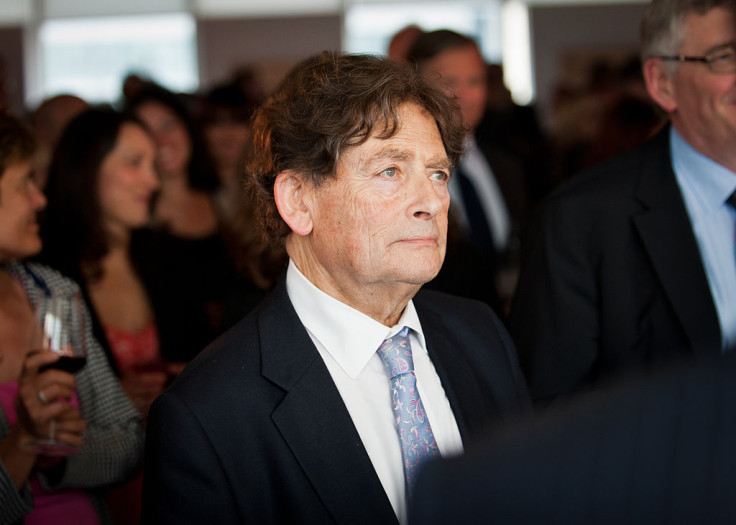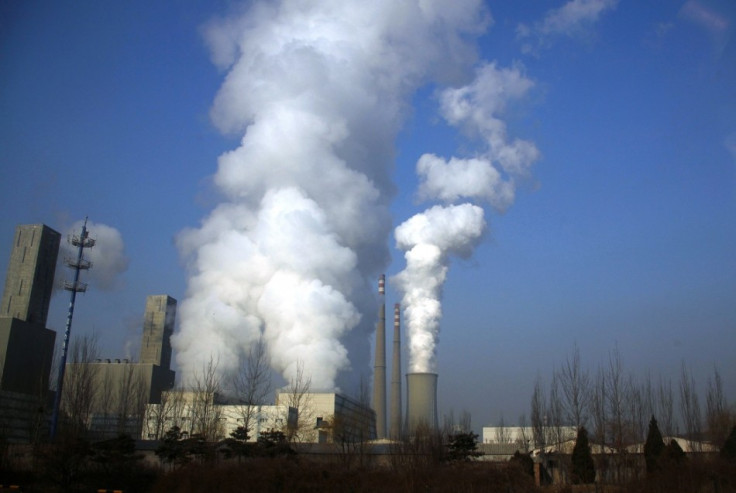BBC Gives Climate Change Sceptics Too Big a Voice, Says Whitehall

Climate change sceptics are given too big a voice among UK politicians and through BBC coverage of the debate surrounding global warming, a group of MPs have said.
The Commons Science and Technology Committee said the BBC gives the same weight to climate deniers such as Lord Lawson as scientific experts.
Andrew Miller, the committee's Labour chairman, said: "Given the high level of trust the public has in its coverage, it is disappointing that the BBC does not ensure all of its programmes and presenters reflect the actual state of climate science in its output.
"The Today programme and other BBC News teams continue to make mistakes in their coverage of climate science by giving opinions and scientific fact the same weight."
Miller also said ministers who question the majority view – that manmade greenhouse gasses are causing climate change – should "shut up" and reflect the government line on the issue.
In their report on the issue, the committee said: "Some editors appear to be particularly poor at determining the level of scientific expertise of contributors in debates, putting up lobbyists against top scientists as though their arguments on the science carry equal weight ... Lobbying groups and other interested parties should be heard on the issue, [but] the BBC should be clear on the role of its interviewees and should not treat lobbying groups as disinterested experts."
Miller said climate sceptics like Lord Lawson should be treated as a fringe political party in its coverage. Lord Lawson is chair of the think tank Global Warming Policy Foundation which was set up to challenge climate change.

Speaking to The Times, he said that the BBC should make it clear Lord Lawson is a climate sceptic: "At the very least, put a caption at the bottom of the screen [saying] 'The Global Warming Policy Foundation's views are not accepted by 97% of scientists'."
Last year, a report by the Institute of Physics found just 0.7% of 1,200 papers reviewed rejected manmade global warming (AGW). The paper found the perception of the argument against climate change is magnified by media reports that give sceptics a bigger voice than deserved.
"The situation is exacerbated by media treatment of the climate issue, where the normative practice of providing opposing sides with equal attention has allowed a vocal minority to have their views amplified," it said.
Responding to the report, the BBC said it does the "utmost" to report the subject "as clearly as possible". "We don't believe in erasing wider viewpoints even if the select committee doesn't agree with them," it said in a statement. "We [have] said we would take care to reflect all viewpoints in the debate about the science and policy giving them due weight - that is what we are doing."
Welcoming the report, Bob Ward, from the Grantham Research Institute on Climate Change and the Environment at London School of Economics, said: "I am glad that the committee has explicitly acknowledged our evidence that the public interest is being harmed by inaccurate and misleading coverage of climate change by the BBC and other media.
"While the UK media, including the BBC, has some of the best science and environment correspondents in the world, who provide insightful and factual reporting about climate change, too many editors are willing to publish or broadcast inaccurate and misleading information, seemingly on the grounds that atmospheric physics should be treated as just a matter of opinion."
© Copyright IBTimes 2025. All rights reserved.






















